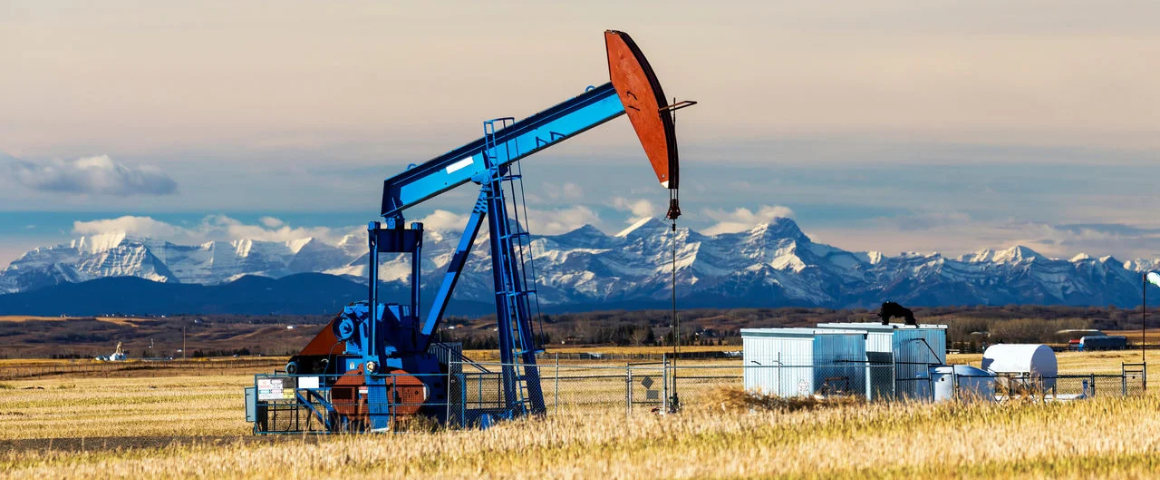PV staff
In February, in advance of the federal budget, a group of labour leaders from Alberta sent a letter to Finance Minister Chrystia Freeland, calling on her to echo the industrial strategy outlined in US President Joe Biden’s 2022 Inflation Reduction Act (IRA). That piece of legislation included a commitment to spend $270 billion in “climate action investments” which include clean energy development, climate-sensitive construction and manufacturing upgrades, and electric vehicle production.
There are many, many shortcomings of the IRA, which is rooted in a corporate-friendly approach that seeks to save capitalism by “greening” it. But what is important is that the Alberta Federation of Labour (AFL) and several manufacturing and resource industry unions were using it as a springboard to encourage government intervention in the economy, on behalf of workers’ interests and climate justice.
As in many other areas in Canada, the labour movement in Alberta is caught in the difficult position of navigating a path through sweeping industrial change while protecting the rights, livelihoods and conditions of working people and their communities. The AFL has referred to the current situation as “the early stages of the biggest economic paradigm shift since the Industrial Revolution.”
The immediate principal political lever for piloting this course is public ownership and control over the industries which are undergoing conversion – in this case, the oil and gas industry.
The massive oil discovery at Leduc, Alberta in 1947 was a turning point in Canadian economic life, shifting the country virtually overnight from being a net importer to a major exporter. The provincial government of the time, Ernest Manning’s Social Credit Party, ensured that the benefits of this oil boom would flow to US corporations, to whom it granted extensive concessions of public land (the most sweeping of such concessions anywhere on the continent, according to the People’s Voice predecessor the Daily Tribune) and virtually unfettered access to farmers’ lands in order to build wells, pipelines and tanks. The Alberta public received a paltry 12.5 percent royalty (equivalent to one out of eight barrels) and minimal employment benefits, as oil corporations looked to the United States for both oil-field workers and for manufactured equipment.
At that time, the Communist Party and progressive organizations like the Alberta Farmers’ Union opposed the concession of public land and pressed for public ownership of the oil resource. The Party also championed the right of farmers to refuse access to oil on their lands and demanded fair compensation for farmers who did allow such access. These organizations and movements understood the perils of private ownership over such a critical industry and fought hard for public ownership and control, as the conduit for both maximum public benefit and the most responsible stewardship.
More than seven decades later, the question of public control over oil and gas has crystalized as the central issue in Alberta’s upcoming provincial election. This is a fact, even if the main parties and media do not acknowledge it. How else, short of socialism, are the working people of Alberta to secure an economic and industrial transition on the scale projected by the AFL and required by the climate crisis, in which their interests (and, crucially, those of Indigenous people) are a central concern?
As Albertans prepare to head to the polls on May 29, they need to know who will fight for this. Unfortunately, they have some pretty slim pickings.
So far, the only party campaigning for public ownership and control over the oil and gas industry is the Communist Party – Alberta (CP-A). It’s “Proposal for an Alternative Agenda” notes that whatever slogans the United Conservatives put forward during an election, “they remain committed to short-term profits for the energy corporations, and they have nothing to offer Albertans but more hardship, more insecurity and less economic leadership.” In contrast to the UCP’s servitude to Big Oil, the CP-A calls for “a vigorous plan of publicly owned and democratically controlled development of a new diverse economy.”
Specifically, the Communist Party is campaigning to bring the energy industry under public control, and to use that public ownership to diversify into resource processing. The platform calls for “moving away from dependence on resource extraction to valued added processing using our resources as feed stocks and to give us a competitive advantage.”
The Party is committed to halting new tar sands development and to phasing out existing operations, while guaranteeing equivalent wages and benefits for affected workers. It proposes using public ownership as a vehicle “to diversify our economy into green technologies including alternative, renewable energy.”
Get People’s Voice delivered to your door or inbox!
If you found this article useful, please consider subscribing to People’s Voice.
We are 100% reader-supported, with no corporate or government funding.




